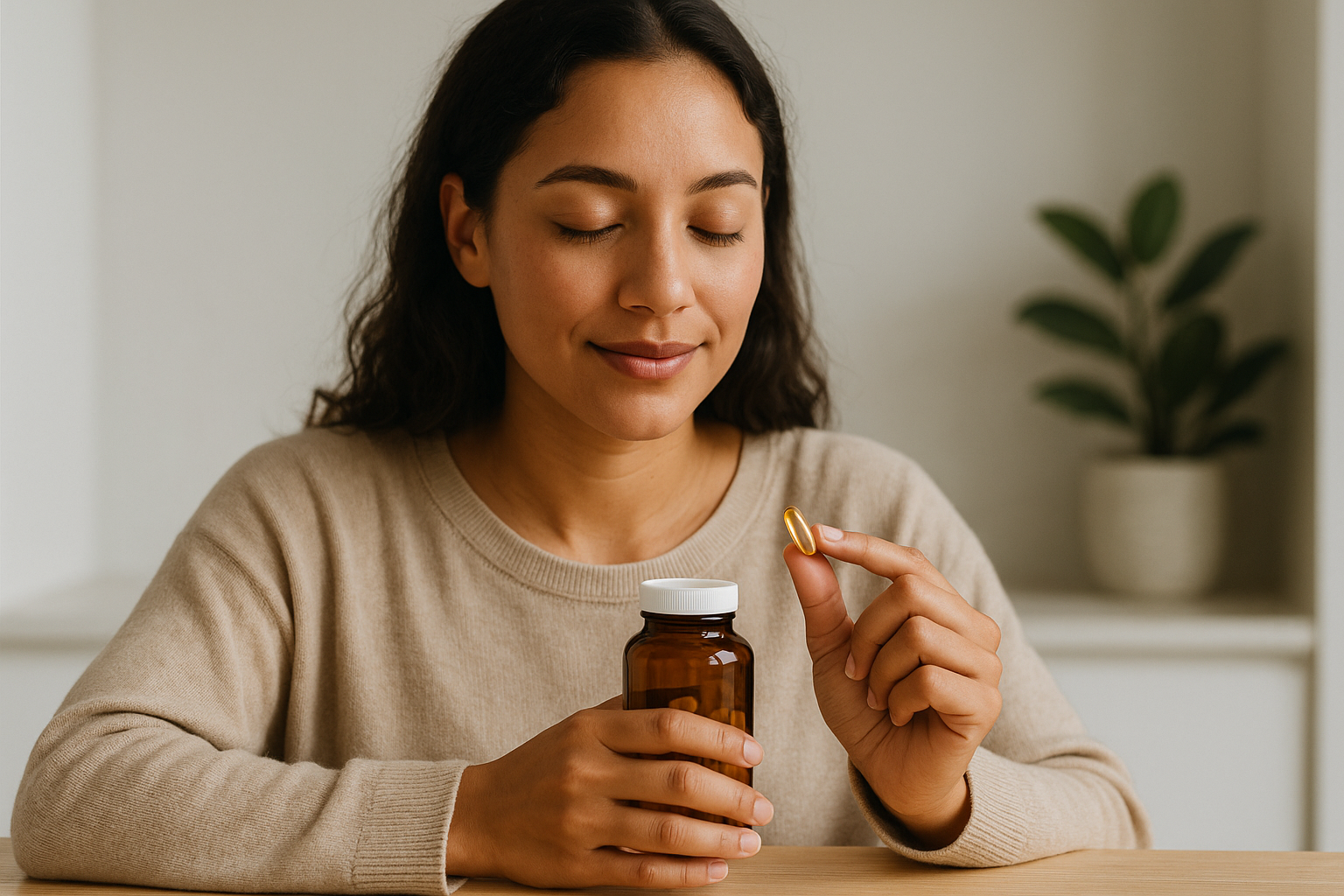Modern life comes with a unique set of pressures. Juggling work, relationships, finances, and digital overload often leads to overwhelming feelings of anxiety. For many, these emotions disrupt daily routines, making it difficult to focus, relax, or find enjoyment. While therapy and lifestyle changes are important pillars of mental health, many people look to natural supplements as a supportive tool. At Trankua, we know how important it is to use supplements safely and effectively—so you get real results, without added stress.
Understanding Supplements: What Role Do They Play?
The interest in supplements for mental well-being has spiked in recent years. Common options include herbal extracts like ashwagandha, vitamins such as B-complex, and minerals like magnesium. These natural products promise to ease anxiety, but it’s vital to understand how and why they work before making them part of your routine.
Supplements fill nutritional gaps that might affect your mood, sleep, and stress response. Even so, not all products are created equal. The effects of any supplement are influenced by:
- Your unique body chemistry
- Existing medical conditions
- Other medications you may be taking
- The quality and dosage of the supplement
Scientific research supports the use of some supplements for anxiety. For example, studies have shown that L-theanine, found in green tea, can promote relaxation without making you drowsy. Magnesium helps reduce physical symptoms of stress, while adaptogens like Rhodiola boost your body’s ability to cope. However, these results can vary, making guidance essential for safe usage.
Choosing Supplements: How to Pick What’s Right for You
Not every supplement will suit your needs or lifestyle. Choose wisely by following these practical tips:
- Start Small: Begin with a low dose and observe how your body reacts.
- Check for Interactions: Review any medications you’re taking to prevent negative reactions.
- Look for Quality: Pick products with third-party testing for purity.
- Read Labels Carefully: Avoid supplements with unnecessary fillers or additives.
Let’s say you have trouble sleeping due to worry. Magnesium glycinate may help you unwind at night. But if you’re allergic to certain ingredients, opt for hypoallergenic brands. Always read the ingredients’ list.
Supplements are not a substitute for balanced nutrition. Pairing supplements with a whole-food diet encourages longer-lasting change and holistic well-being.
Using Supplements Safely: Dos and Don’ts
Proper usage is crucial to maximize benefits and avoid side effects. Keep these principles in mind:
- Consult Your Healthcare Provider: Discuss new supplements with a medical professional—especially if you’re pregnant, breastfeeding, or managing other health issues.
- Monitor Your Response: Track any changes in mood, sleep, or physical discomfort.
- Stay Consistent: Take supplements at the same time each day.
- *Avoid Mega-Doses*: More doesn’t mean better. High doses might do more harm than good.
For example, excessive vitamin B6 can cause nerve issues. On the flip side, not taking enough calcium can keep anxiety levels high. Track your intake and symptoms in a journal or use a digital wellness app for reminders.
Practical Supplement Strategies: Integrating with Daily Routines
Supplements work best when combined with healthy habits. Use them as part of a broader self-care plan. Here are ways to blend supplements into your everyday life:
- Combine ashwagandha with a morning mindfulness routine to start the day calm.
- Pair L-theanine with deep-breathing exercises before stressful meetings.
- Take magnesium at dinner to promote restful sleep.
- Keep your supplements visible as a daily reminder—try placing them next to your toothbrush or on your kitchen counter.
- Use a dedicated app to track supplement use and note the impact on mood.
Imagine coming home after a tough day. You take your evening magnesium, spend five minutes on guided breathing, and feel anxiety levels dropping naturally. Over time, these small changes add up and empower you to handle tough moments with more confidence.
Measuring Progress and Adjusting Your Approach
After introducing a new supplement, it’s essential to check if it’s working. Regular self-checks help you see what’s helping and what isn’t. Simple ways to track your journey include:
- Rating your anxiety on a scale of 1-10 each week
- Journaling key triggers and responses
- Noting improvements in sleep or focus
- Consulting your healthcare provider for follow-up
If you notice side effects or no improvements, adjust the dose, pause for a few days, or explore alternatives. Just as with other aspects of health, flexibility leads to better long-term results. Remember, supplements are one piece of your mental health puzzle.
Anxiety can feel overwhelming, but safe and informed use of supplements can make a difference. With mindful choices and practical routines, you can find the support you deserve. Ready to add extra calm to your wellness toolkit? Download the Trankua App now and discover personalized guidance for managing anxiety, panic attacks, and stress—right when you need it.

